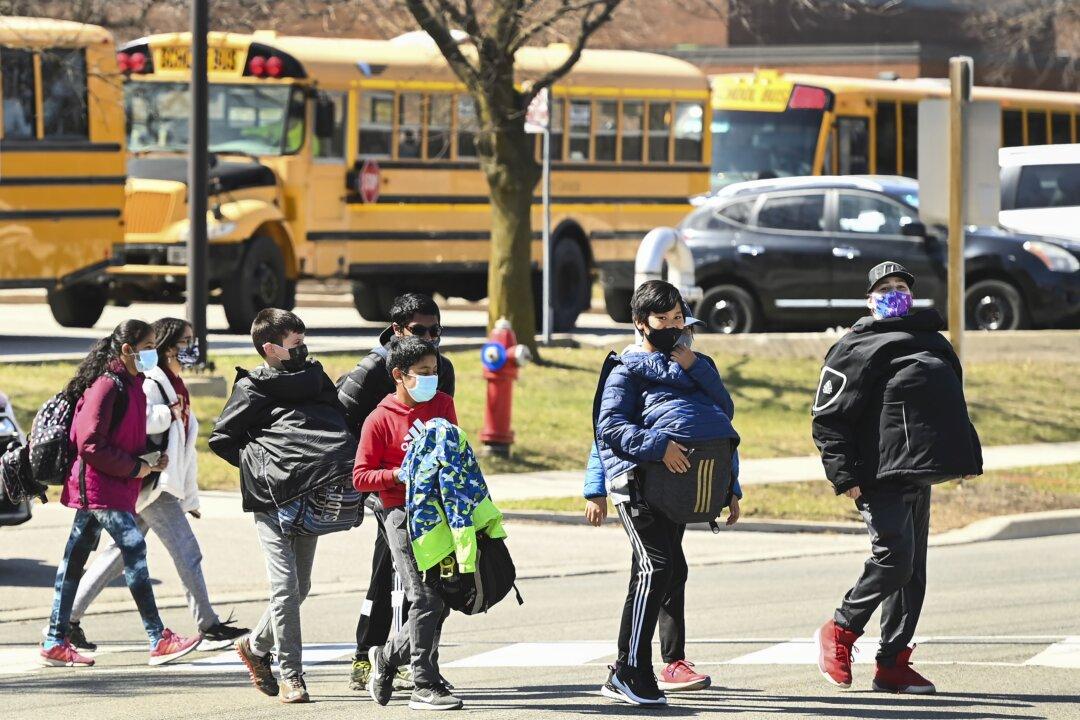An Ontario district school board is rooting out books from its school library collections that are considered “harmful,” but some trustees are raising concerns about censorship and fear the move resembles a book banning.
The policy is part of the Waterloo Region District School Board’s (WRDSB) operational plans for 2021-2022, which aims to achieve “an organizational culture rooted in human rights and equity,” according to the agenda for the board’s Oct. 25 meeting.





